Intrigued by the connection between Buddhism and Hinduism? “Is Buddha A Hindu God?” explores the intriguing question of whether Buddha can be considered a Hindu deity. Shedding light on the historical background and spiritual teachings of both religions, this captivating article uncovers the intricate relationship between Buddha’s philosophy and Hinduism, offering readers a deeper understanding and appreciation of these ancient traditions. Discover the fascinating intersection of Buddhism and Hinduism as you embark on this thought-provoking journey of exploration.
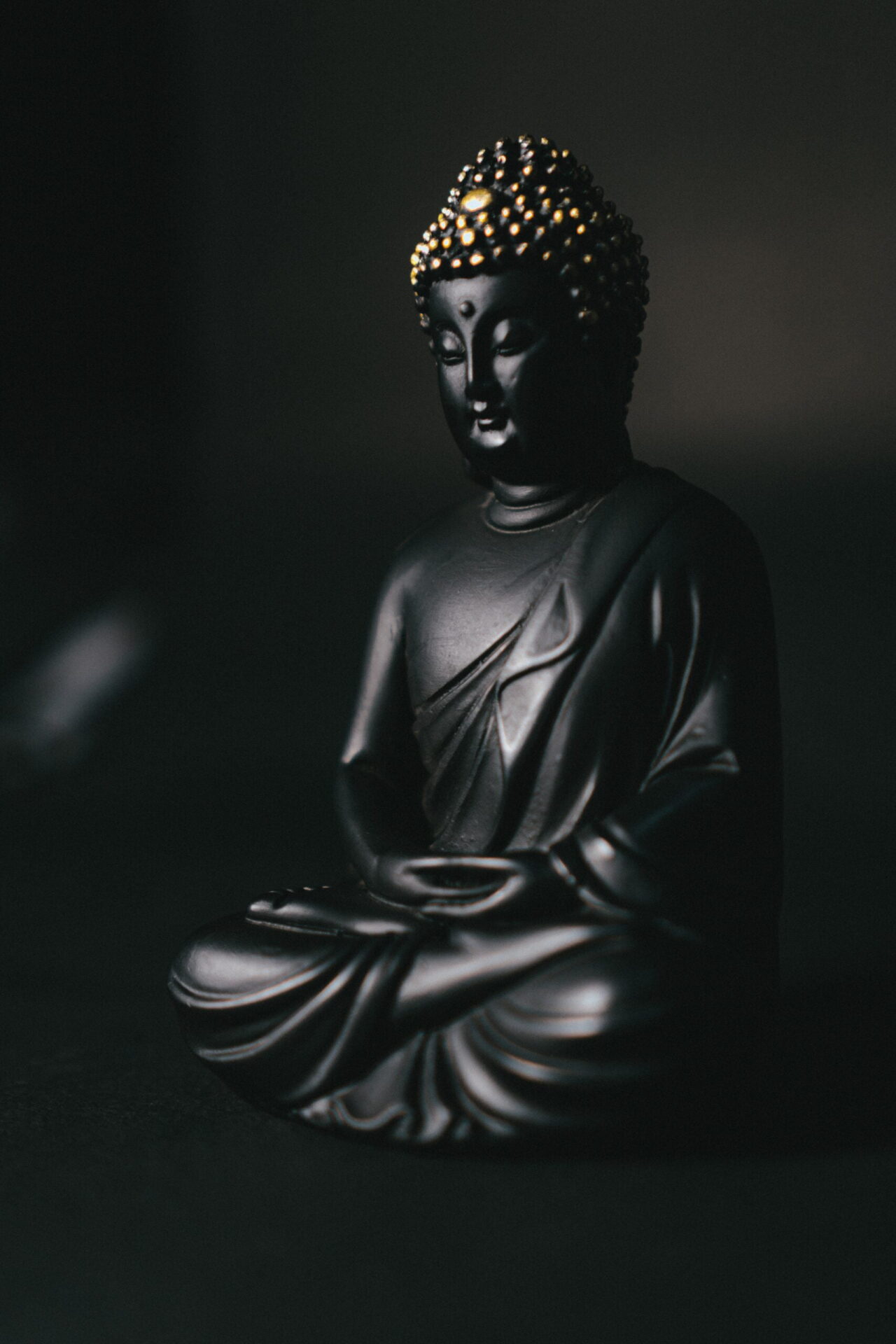
Table of Contents
Buddha’s Background
Early Life and Enlightenment
Buddha, also known as Siddhartha Gautama, was born in the 6th century BCE in Lumbini, present-day Nepal. He was born into a noble family and had a privileged upbringing. However, he became disillusioned with the materialistic world around him and sought a deeper understanding of life’s purpose and the nature of suffering.
At the age of 29, Buddha renounced his luxurious lifestyle and embarked on a spiritual journey. He wandered through forests, studied with various ascetics, and practiced intense meditation. After several years of self-discipline and introspection, he achieved enlightenment under a Bodhi tree in Bodh Gaya, India. He then became known as the Buddha or the Awakened One.
Teachings and Philosophy
Buddha’s teachings, known as the Dharma, form the foundation of Buddhism. His philosophy revolves around the Four Noble Truths: the truth of suffering, the truth of the cause of suffering, the truth of the cessation of suffering, and the truth of the path to the cessation of suffering.
Buddha emphasized the importance of compassion, mindfulness, and understanding the impermanent nature of life. He introduced the concept of the Eightfold Path as a framework for ethical conduct, mental cultivation, and spiritual development. These teachings had a profound impact on his followers and shaped the development of Buddhism as a separate religion.
Hinduism and Buddhism
Common Origins
Hinduism and Buddhism share a common origin in ancient India. Both religions emerged within the broader cultural and philosophical context of the Indian subcontinent. The prevailing religious and philosophical systems of the time, such as the Vedas and Upanishads, influenced both Hinduism and Buddhism.
Vedic Influences on Buddhism
The religious and philosophical ideas prevalent during Buddha’s time undoubtedly had an impact on his teachings. Some scholars argue that Buddha’s early education may have been influenced by the Vedic traditions and the Upanishads. However, Buddha’s approach and teachings diverged significantly from the Vedic rituals and caste system that were central to Hinduism.
Relationship with Hindu Deities
Buddha’s teachings focused primarily on the nature of suffering and the path to liberation, rather than the worship of deities. While Buddhism acknowledges the existence of gods and deities, Buddha did not encourage his followers to rely on them for salvation or enlightenment. Instead, he emphasized self-reliance and individual effort in attaining spiritual awakening.
Buddha’s Place in Hinduism
Buddha as an Avatar of Vishnu
In some Hindu traditions, Buddha is considered an avatar of the Hindu god Vishnu. According to these beliefs, Vishnu incarnated as Buddha to guide humanity towards a more compassionate and ethical path. This perspective allows for the integration of Buddhist teachings and practices within a Hindu framework.
Different Perspectives on Buddha’s Divinity
However, not all Hindus view Buddha as an incarnation of Vishnu. There are varying opinions within Hinduism regarding Buddha’s divinity. Some consider him a great teacher and respect his teachings, while others maintain that he was simply a wise mortal who contributed to philosophical thought.
Inclusion of Buddha in Hindu Pantheon
Regardless of the varying perspectives, Buddha is widely respected and revered in Hinduism. In many Hindu temples, statues of Buddha can be found alongside Hindu deities. This inclusivity is a testament to the syncretic nature of Hinduism, where different traditions and beliefs often intertwine.
Hindu Gods and Buddhist Deities
Major Hindu Gods
Hinduism encompasses a multitude of gods and goddesses, each with their own attributes and roles. Some of the major Hindu gods include Brahma, Vishnu, Shiva, Lakshmi, Saraswati, and Durga. These deities are worshiped and revered by Hindus in various forms and manifestations.
Buddhist Deities and Bodhisattvas
In Buddhism, there is a different approach to gods and deities. While Buddhism does not emphasize the worship of gods, it does recognize the existence of celestial beings, bodhisattvas, and enlightened beings. Bodhisattvas, such as Avalokiteshvara and Manjushri, are revered figures in Mahayana Buddhism and are considered embodiments of compassion and wisdom.
Similarities and Differences
There are similarities and overlaps between Hindu gods and Buddhist deities. For example, the goddess Tara, a beloved figure in Buddhism, has counterparts in Hinduism. However, the focus and significance attributed to these figures may differ between the two religions. Overall, while both Hinduism and Buddhism acknowledge the existence of celestial beings, the nature of their worship and reverence varies.
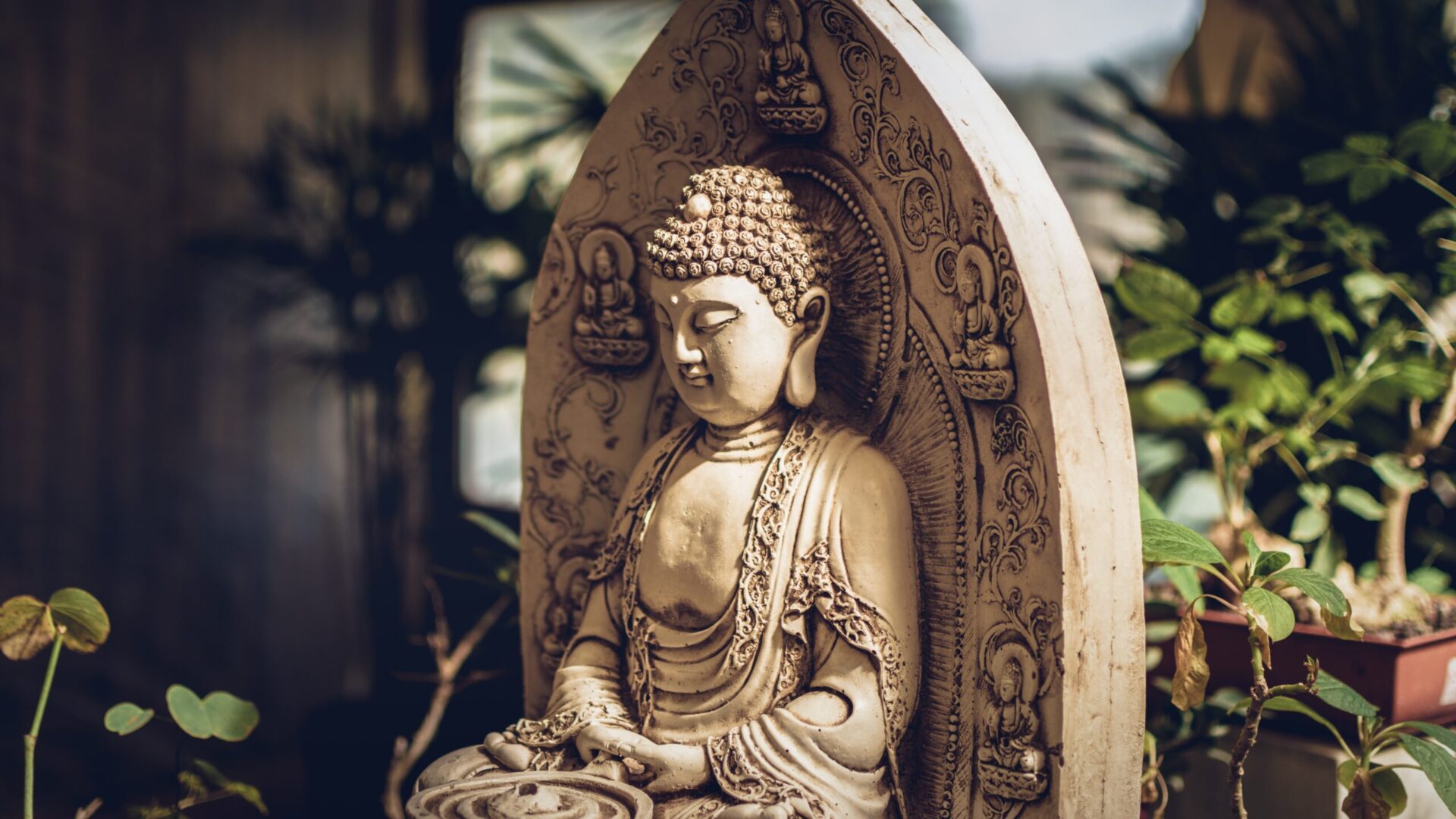
Reverence for Buddha in Hinduism
Buddha’s Teachings in Hindu Scriptures
Buddha’s teachings have found their way into Hindu scriptures and literature. The Bhagavad Gita and the Mahabharata contain references to Buddha and his philosophy. These texts highlight the respect and recognition given to the Buddha and his teachings within the broader Hindu tradition.
Worship of Buddha in Hindu Temples
In various parts of India and Southeast Asia, Buddha is worshiped in Hindu temples. Devotees pay homage to Buddha statues and seek blessings for peace, enlightenment, and liberation. This practice reflects the inclusive nature of Hinduism, where diverse deities and figures are venerated.
Incorporation of Buddha’s Iconography in Hindu Art
Buddha’s iconography has also been incorporated into Hindu art and sculpture. Statues and images of Buddha can be found alongside Hindu deities in temples and shrines. This integration demonstrates the cultural assimilation and syncretism between Buddhism and Hinduism.
Debates and Controversies
Buddha’s Rejection of Hindu Rituals
One factor that distinguishes Buddhism from Hinduism is Buddha’s rejection of certain Hindu rituals and practices. Buddha emphasized the importance of inner transformation and personal effort rather than relying solely on external rituals. This departure from traditional Hindu rituals led to the formation of a separate Buddhist path.
Views of Buddha as a Separate Religion
While some scholars argue that Buddhism is an offshoot or sect of Hinduism, others view it as a distinct religion. Buddhism’s foundational principles and teachings mark a significant departure from traditional Hindu doctrines, leading to its establishment as an independent faith.
Hindu Nationalism and Buddha’s Identity
In recent times, questions surrounding Buddha’s identity have emerged in the context of Hindu nationalism. Some Hindu nationalists seek to reclaim Buddha as a Hindu figure and downplay the distinctions between Buddhism and Hinduism. These debates reflect ongoing tensions and discussions surrounding religious identity and inclusivity.
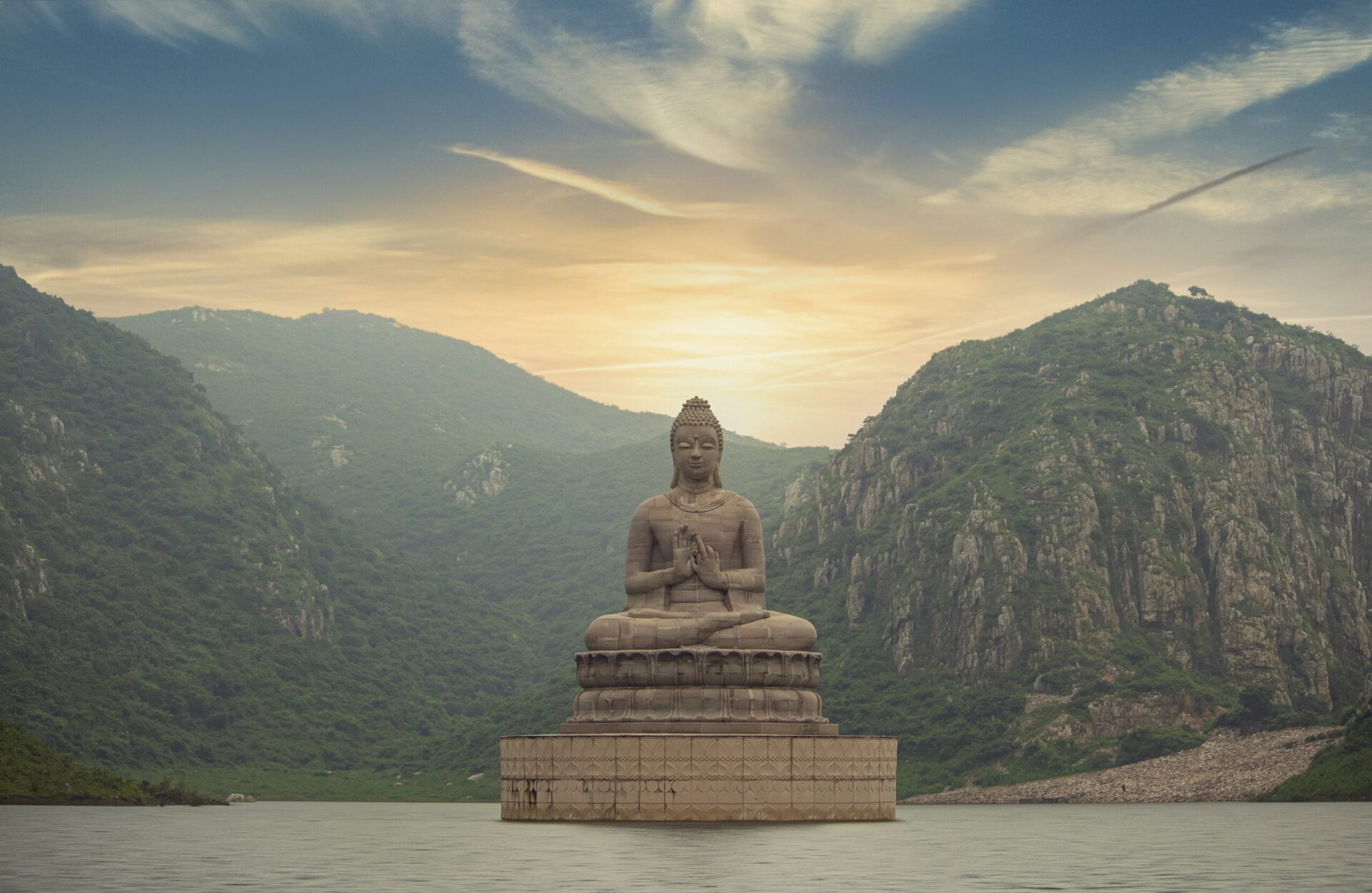
Opinions from Scholars
Buddha’s Relationship with Hinduism
Scholars have offered diverse opinions on the relationship between Buddhism and Hinduism. Some argue for a close relationship, emphasizing the shared cultural and philosophical heritage. Others emphasize the divergences in teachings and practices, viewing them as separate and distinct traditions.
Historical Perspectives
From a historical perspective, Buddhism emerged as a distinct movement within the social and religious landscape of ancient India. Its development and growth were influenced by various factors, including interactions with Hinduism. Understanding this historical context is vital in comprehending the relationship between the two traditions.
Interpretations and Academic Discourse
Academic discourse continues to explore the nuanced relationship between Buddhism and Hinduism. Scholars analyze historical texts, philosophical ideas, and cultural practices to shed light on the dynamic interaction and interplay between these two influential religions of ancient India.
Regional Variations
Buddha in Indian Traditions
In India, Buddha is primarily regarded as the founder of Buddhism rather than as a Hindu figure. Although there are shared cultural elements and the inclusion of Buddha in Hindu temples, these practices are not uniformly observed throughout the country. Regional variations exist, reflecting the diverse religious landscape of India.
Buddha in Southeast Asian Cultures
In Southeast Asian cultures, such as Thailand, Cambodia, and Myanmar, Buddhism and Hinduism have influenced each other over centuries. Here, Buddha is revered as a central figure, and Hindu mythology and iconography have been incorporated into Buddhist art and rituals. The syncretism seen in these regions showcases the enduring cultural exchange between the two religions.
Buddha in Tibetan Buddhism
In Tibetan Buddhism, Buddha is highly venerated and considered a paramount figure. Tibetan Buddhist schools, such as the Gelug and Kagyu, regard Buddha as the ultimate teacher and follow his teachings as their primary path to enlightenment. While we may observe regional variations in how Buddha is perceived and revered, the underlying respect for his wisdom remains consistent.
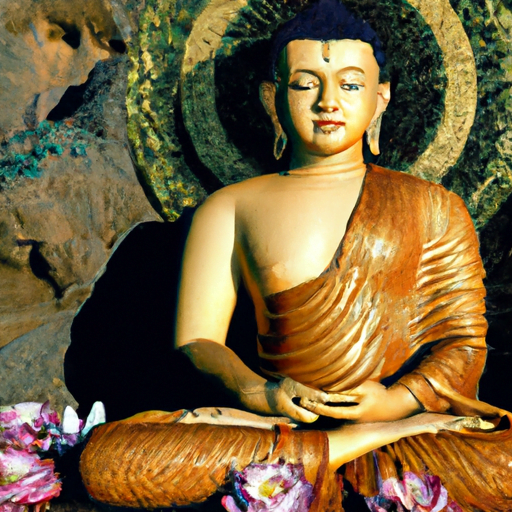
Modern Practices and Interactions
Coexistence of Buddhism and Hinduism
In many parts of India and Southeast Asia, Buddhism and Hinduism coexist, with devotees of both religions practicing their respective faiths side by side. This coexistence showcases the harmonious intermingling of religious beliefs and practices, with individuals drawing from both traditions according to their personal inclinations.
Influence of Buddha on Hindu Devotional Practices
Buddha’s teachings have also influenced certain devotional practices within Hinduism. Concepts such as compassion, mindfulness, and meditation, which are integral to Buddhism, have found their way into the devotional practices of many Hindus. This cross-pollination of ideas serves to enrich the spiritual landscape of both religions.
Interfaith Dialogue and Collaboration
In recent years, there has been an increased effort towards interfaith dialogue and collaboration between Buddhists and Hindus. Leaders from both traditions recognize the shared values of compassion, peace, and respect for all sentient beings. These dialogues aim to foster greater understanding, harmony, and cooperation between the two faiths.
Conclusion
The relationship between Buddha and Hinduism is complex and multifaceted. While Buddha’s teachings diverged from traditional Hindu doctrines, there are shared cultural elements, regional variations, and inclusive practices that reflect a longstanding interaction between the two traditions. Whether viewed as a Hindu god, an enlightened teacher, or the founding figure of Buddhism, Buddha’s exceptional wisdom and impact continue to shape the spiritual landscape of both Hinduism and Buddhism. Ultimately, the reverence for Buddha in Hinduism reminds us of the diverse and ever-evolving nature of religious traditions, and the capacity for dialogue and coexistence.
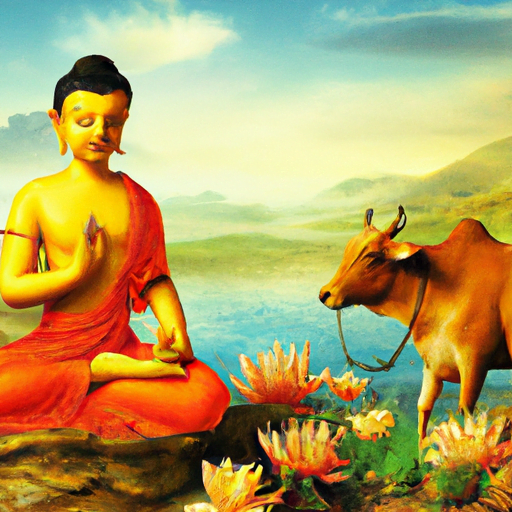
You might be interested in exploring more about the relationship between Buddhism and Hinduism. Speaking of Buddhism, you might be interested in Buddhism and Hinduism on Wikipedia. These articles provide further insights into the historical background, philosophical teachings, and cultural intersections of these ancient traditions.